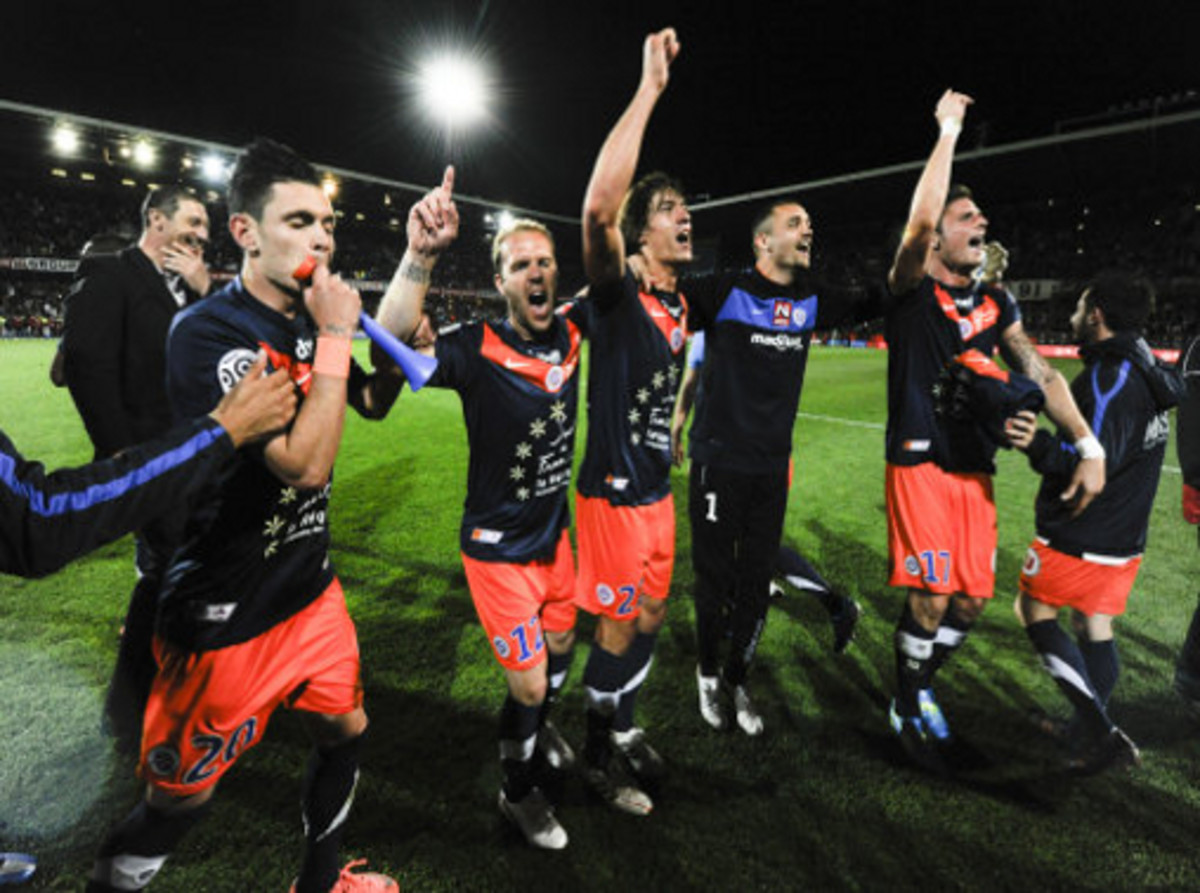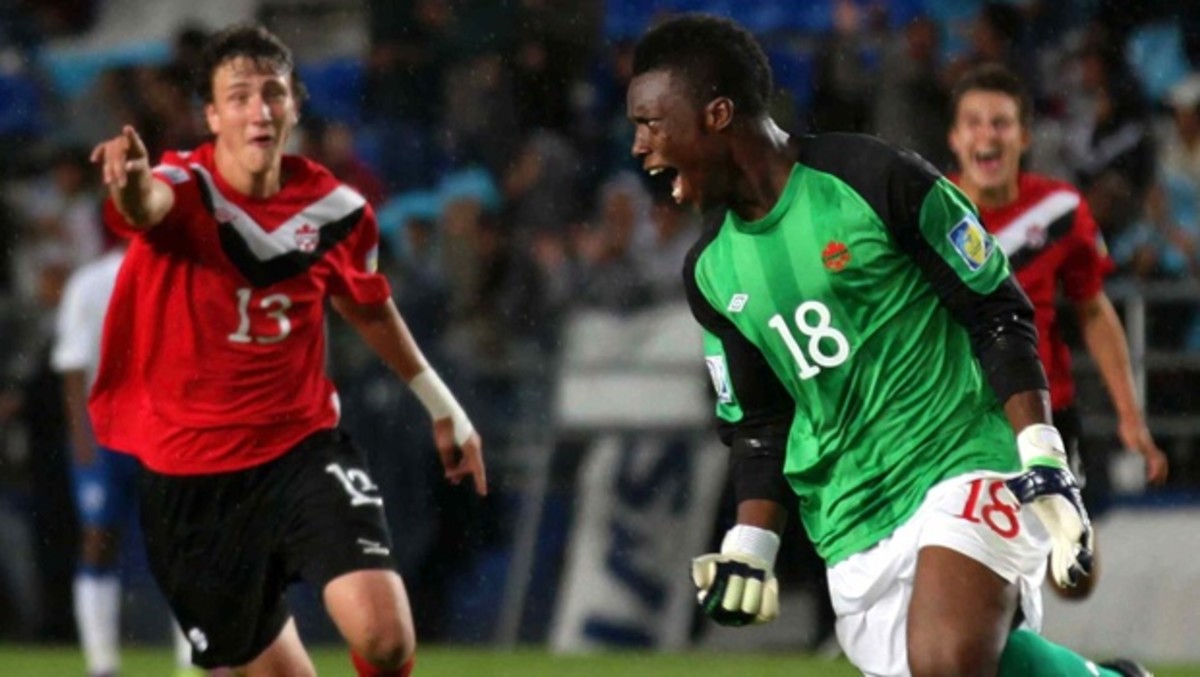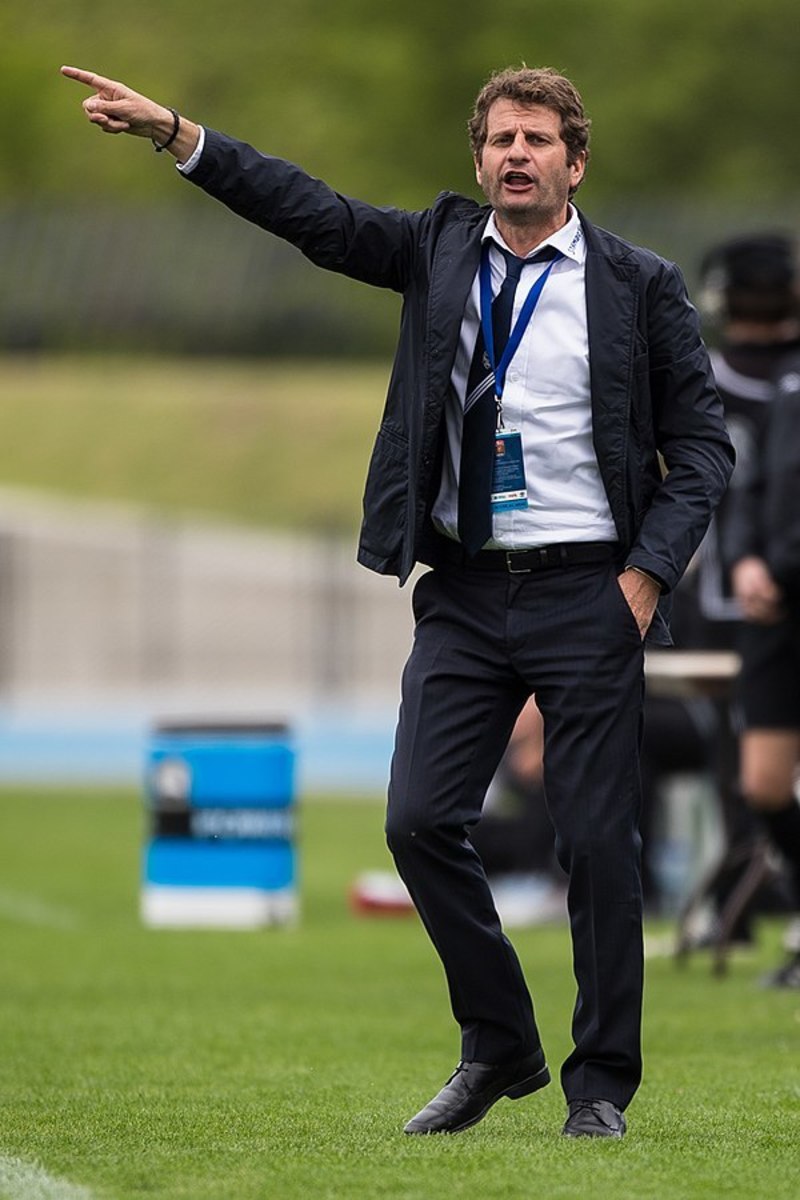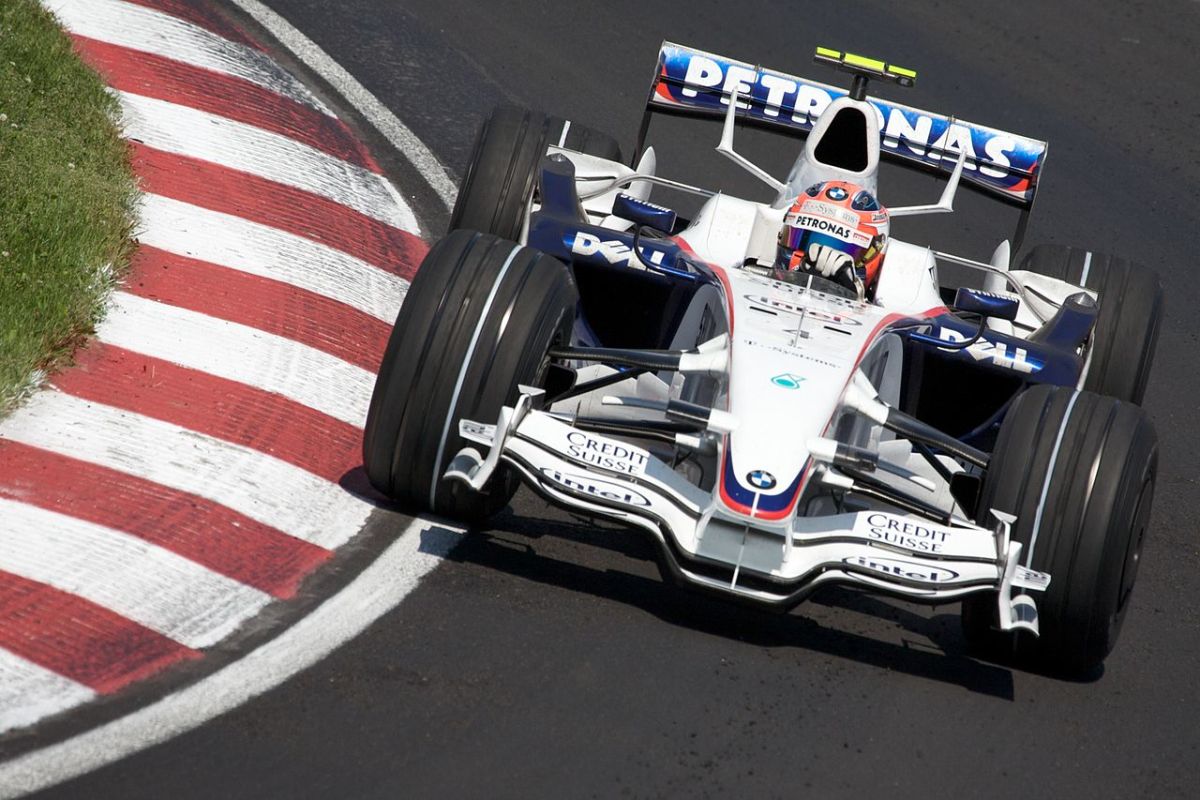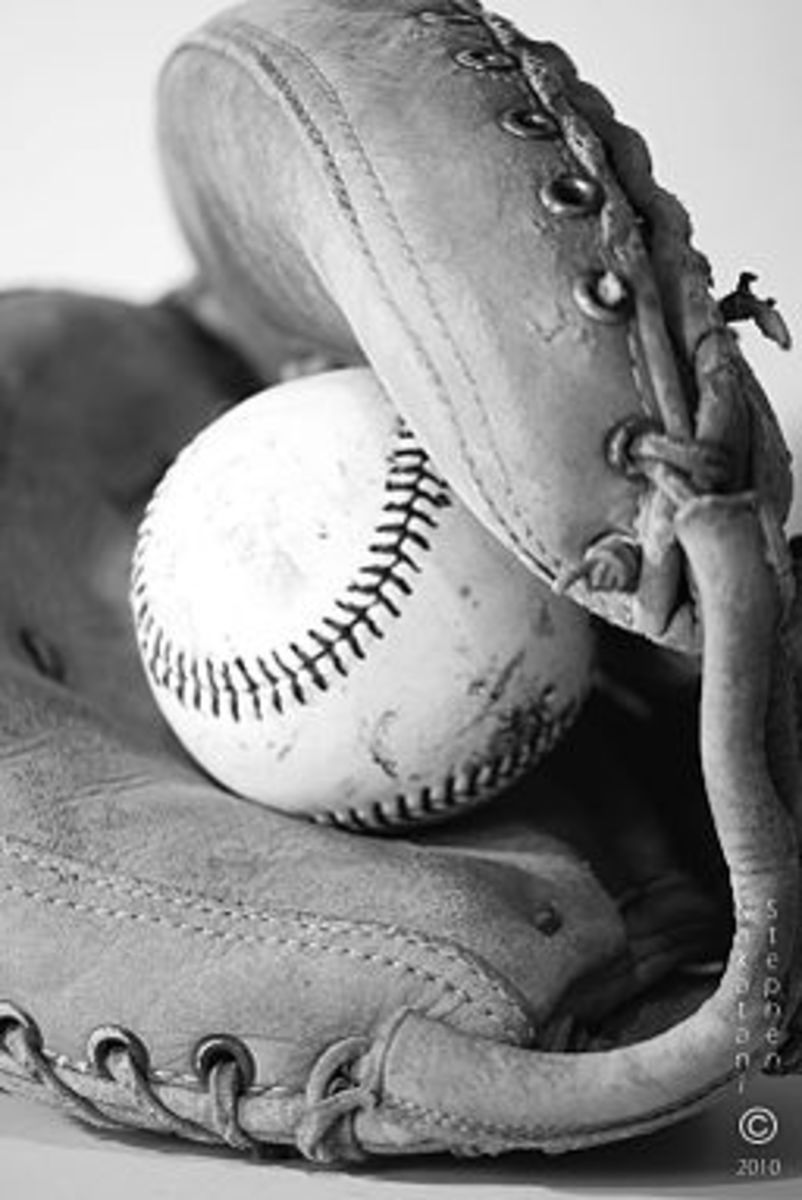At Long Last: Europe's Maiden League Winners in 2010
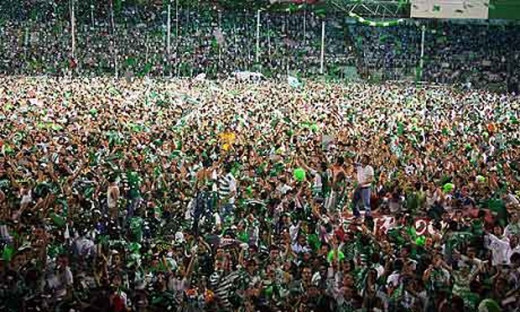
The year 2010 was a landmark chapter in football’s global story—a season where giants triumphed, underdogs rose, and history bent toward the unexpected. Spain etched its name into folklore by winning its first-ever FIFA World Cup in Johannesburg, becoming the first European nation to claim the title outside its own continent. Meanwhile, Egypt cemented its legacy as Africa’s dominant force, capturing a record seventh Africa Cup of Nations and an unprecedented third consecutive crown.
Across Europe, Chelsea, Inter Milan, and Marseille celebrated domestic success, yet it was the emergence of maiden champions that gave 2010 its deeper narrative arc. In seven nations, clubs reached historic milestones—each one overcoming odds, rewriting legacies, and adding fresh ink to football’s storied annals.
From the Netherlands and Turkey, where long-overlooked sides lifted their first league titles, to dramatic campaigns in Slovenia, Montenegro, and Macedonia, the Balkan region vibrated with triumph. Iceland and Kazakhstan rounded out the year’s unexpected breakthroughs—reminders that football’s magic is not reserved for the usual powerhouses, but is shared by all who dare to dream.
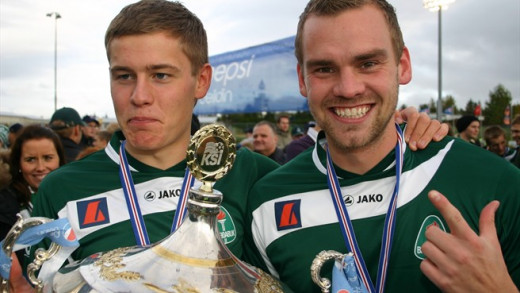
Pride of Breiðablik
Iceland’s Breakthrough: Breiðablik’s Historic Triumph in Kópavogur
In a country where women’s football had long taken center stage, the city of Kópavogur was synonymous with Breiðablik’s dominance. The club’s women’s team had claimed the Úrvalsdeild kvenna title 15 times since 1977, and the city had hosted landmark matches—including a UEFA Women’s Cup quarterfinal in 2006 and two UEFA Women’s U-19 Tournament fixtures, one featuring Iceland against Denmark.
Yet in 2010, it was the men’s team that rewrote the narrative.
Breiðablik, often a yo-yo club between Iceland’s top two divisions, had begun to stabilize under manager Ólafur Helgi Kristjánsson. After four consecutive fifth-place finishes and a maiden Icelandic Cup win in 2009, the club entered the new season with quiet ambition.
Their campaign began inauspiciously—a 1–0 home defeat to Keflavík on May 10. But Breiðablik proved resilient, especially on the road, where they claimed seven of their 13 victories. A pivotal early win came against Valur Reykjavík, with rising star Alfreð Finnbogason scoring his second goal in as many days to seal a 2–0 triumph. Finnbogason would go on to finish as joint top scorer with 14 goals, including a brace in a 5–0 demolition of Valur—the season’s biggest home win—and a crucial strike in the penultimate match against Selfoss.
Alongside him, Kristinn Steindórsson emerged as a dynamic force in midfield, netting 12 goals and earning the Best Young Player of the Year award. Breiðablik’s attacking duo made them the only team with two players scoring 12+ goals, and their overall tally of 47 goals gave them the league’s best goal differential at +24.
The title race came down to the wire. Heading into the final day, Breiðablik led on goal difference, with FH Hafnarfjörður and ÍBV Vestmannaeyjar breathing down their necks. A tense 0–0 draw at Stjarnan left their fate uncertain. FH won 3–0 against Fram, while ÍBV collapsed late, conceding twice in a 4–1 defeat at Keflavík.
By the slimmest of margins, Breiðablik were crowned champions—Iceland’s 10th club to win the Úrvalsdeild. It was a triumph built on youth, resilience, and tactical clarity. Manager Kristjánsson was named Manager of the Year, while goalkeeper Ingvar Þór Kale, defenders Elfar Freyr Helgason and Kristinn Jónsson, and midfielder Jökull Elísabetarson joined Finnbogason and Steindórsson in the league’s Team of the Year.
Breiðablik’s 2010 season wasn’t just a victory—it was a statement. A club once overshadowed by its women’s team had finally carved its own legacy in Icelandic football.
A Crucial June Match against Aktobe
A New Kazakh Bride
One Kazakh club once threw many scares against European clubs. It was one of 11 clubs to win the UEFA Intertoto Cup in 2007. A year later, Tobol Kostanay upset Austria Vienna at home in a UEFA Cup qualifier. For its best efforts in Europe, however, the 2007 Kazakhstan Cup winners, had been the country's best club never to have won the league title. In its previous eight seasons before 2010, Tobol finished no worse than fourth in all eight seasons. In 2010, Tobol Kostanay finished in second with 53 goals. More than half of those goals came from two people who led the league in scoring that season.
He scored in Kazakhstan's first UEFA competitive victory in 2007. In 2010, Nurbol Zhumaskaliyev finished with 15 goals to go with his "Player of the Year" he won for the third time since 2003. He scored the club's first goal of the season as it decided a match against Taraz on Mar. 22, 2010. He also scored the club's final goal at Atyrau on Nov. 6, 2010, in a game that determined the league title.
The player ahead of Zhumaskaliyev finished as the league's top scorer once again.
The first Uzbek player to lead Kazakhstan's Premier League in scoring in 2004 (he co-led that year), Ulugbek Bakayev returned in 2010 for a second stint with Tobol after playing two seasons in Uzbekistan. In four years with Tobol, Bakayev scored 55 goals. In 2010, Bakayev scored 16 goals, including six on a penalty kick. These goals came handy as Tobol had a four-point lead over second-place over Irtysh while Aktobe and Shakhter Karagandy were both 10 points behind after 22 games.
In addition to these three clubs, Tobol would also have to overcome Astana and Atyrau to win the league title. Despite winning its first two games in the championship phase, Tobol went winless in the next five matches. That winless streak included a 5-2 home loss against Aktobe on Oct. 22, 2010.
However, the loss motivated Tobol as the club won the final three games. Tobol began with Zhumaskaliyev scoring the only goal at Shakhter Karagandy before Bakayev scored his sixth penalty kick to give Tobol a 2-0 home victory over Astana. With control of their destiny on the final day, Tobol Kostanay won 2-0 at Atyrau on Nov. 6, 2010, to win the league title.
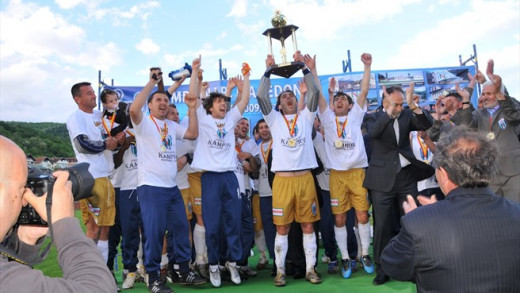
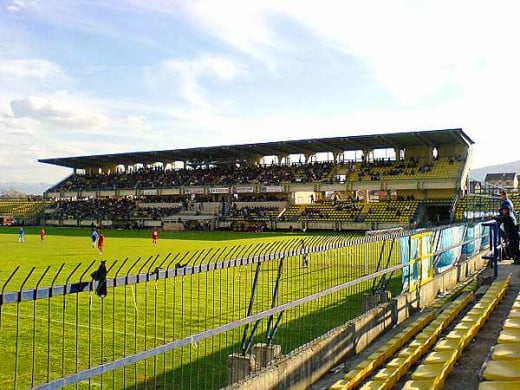
Emerging Amid Chaos
Perhaps the one winner from a European league many could label a "fairy-tale" unfolded in Macedonia. Where the club originated became a shock as Macedonia crowned a maiden league winner for the second successive year. FK Renova originated in 2003 in the village of Džepčište in the Tetovo Municipality. Džepčište boasts a population of just over 4,200 people. The town possesses such a modest community that FK Renova shares Tetovo's City Stadium with three other clubs. Renova looked to improve on its third-place finish in 2009 as the club underwent the most chaotic seasons in European football.
A possible contender for the title, Milano Kumanovo, had consecutive runners-up finishes in 2008 and 2009. However, the club suffered one of the most dreadful seasons ever in Macedonia as it won just one out of 30 games while allowing 81 goals. More chaos unfolded, and it did not necessarily involve what occurred on the filed. Two clubs, defending champions Makedonija and Sloga Jugomagnat, received expulsion from the league after ten games because they failed to show up in two consecutive matches. A third club had virtually ceased existence when FIFA and UEFA handed Pobeda an eight-year ban from all European competitions. This decision was the result of Pobeda found guilty of match-fixing during a 2004 UEFA Champions League qualifier. As part of the punishment as well, all 26 of Pobeda's games became null and void after the season. Two other clubs (Turnovo and Vardar) received point deductions because of failing to show up for their respective matches.
Ultimately, FK Renova took advantage of these clubs' deductions by winning 13 games at home and losing once. During the season, FK Renova managed to defeat Rabotnički 2-0 early in the season and FK Pelister twice at home: the second home victory was a 3-1 result that clinched the title as FK Renova finished five points clear of Rabotnički. FK Renova led the league in scoring with 45 goals: Besart Ibrahimi and Boban Jančevski accounted for more than half of the goals.
Rudar's Pivtoal Match vs Buducnost
More Changing of the Guard
Following its independence in 2006, Montenegro began its First League as the top league in the country. Each of the previous three seasons has been close, and each saw a different winner: Zeta, Buducnost Podgorica, and Mogren. The 2009-2010 season was no different, and after 33 games, Montenegro had a fourth different club win the league title in as many seasons.
This club waited 90 years to win a top-flight title.
Founded in 1920, Rudar Pljvelja held off the three previous league winners as the club notched 22 wins and five draws in the 33-game season. Rudar did so on the strength of impressive home victories, including two home wins against the reigning champions Mogren Rudva.
However, it was a road draw that proved pivotal in Rudar's title run. It came on May 1, 2010, in Tuzi as Rudar allowed an 85th-minute goal to trail Dečić 2-1. With Rudar trailing, Miroje Jovanovic scoring d a stoppage time goal to salvage a crucial point in the 2-2 draw.
The only Serbian player to score double-digit goals in the season, Predrag Ranđelović scored 19 goals, a year after scoring 17 goals also. Ranđelović scored against Buducnost Podgorica on Mar. 31, 2010, which was another pivotal match as Rudar won 2-1. Ranđelović once scored in six straight games, and he scored his final goal of the season came in a 2-0 victory over Sutjeska.
That happened to be the final victory for the club that season.
Rudar Pljvelja went winless in its last three games, including a 2-0 away loss to FK Berane in the season finale on May 29, 2010. However, on that same day, closest challengers Buducnost Podgorica lost 2-0 at Sutjeska, meaning that the league title would belong to the league's northernmost club of Montenegro.
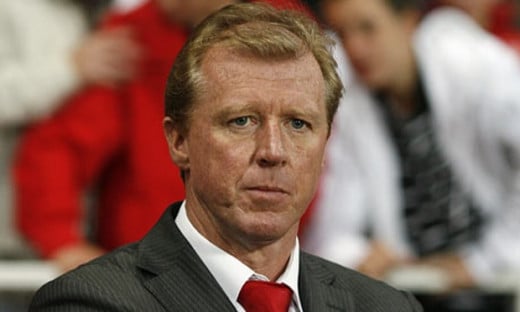
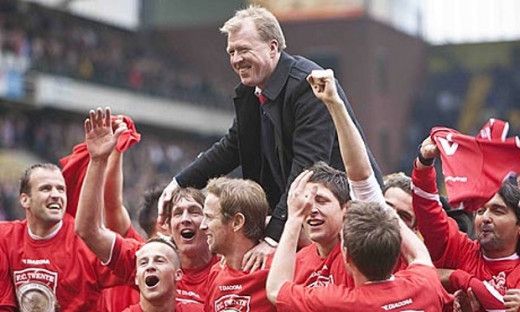
Twente's Special Day: May 2, 2010
Redemption at Enschede
No league winner in 2010 experienced a tale of redemption for both club and manager than in the Netherlands. A club almost ceased to exist after it declared bankruptcy in 2003. A manager was looking for recovery following a dismal run in England in which the nation missed out on Euro 2008. Nine months after managing that ill-fated campaign, Steven McLaren would become the new manager of FC Twente.
Two years later, McLaren established a winning philosophy in Enschede. It was only 2003 when the mother corporation of FC Twente had declared bankruptcy, and the club almost ceased to exist. However, FC Twente improved on consecutive fourth-place finishes in 2007 and 2008 before McLaren became the manager.
Twente improved on its 20-win season from 2009 in which the club finished second. In the 2009-10 season by winning 27 of 32 matches. Only AZ Alkmaar, reigning Eredivisie champions, and Ajax managed to defeat Twente, with those losses coming on the road. FC Twente benefited from a strong home record in which the club dropped only two points at home that season en route to 27 wins.
However, so did Ajax, who led the Eredivisie with 103 goals and a plus-86 goal differential.
The title would come down to the final day of the season on May 2, 2010, at NAC Breda. It came down to two players who were replacing two other players in Marko Artaunovic and Eljero Elia. They had critics questions whether they could be an asset. However, after 23 minutes, Twente had the first breakthrough after NAC Breda's Csaba Feher received a red card for a dangerous tackle.
He scored his first goal in the club's season-opening at Sparta Rotterdam and Bryan Ruiz, a Costa Rican international coming over from Belgium's KAA Gent, scored a team-leading 24th goal. Miroslav Stoch would seal the finishing touches as FC Twente won 2-0 and capped off what proved to be a tale of redemption for both club and manager.
He assisted on Ruiz's first goal of the season, and after coming over from Chelsea, Slovak international Miroslav Stoch doubled Twente's lead. History happened following the 2-0 victory.
Twente overcame bankruptcy to win the league title. McLaren became the first English manager in 14 years to guide a club to a league title and the first to do in the Netherlands in 18 years.
Guiding Glory in the Port City
Miran Pavlin is a footballing pioneer in Slovenia. He scored the away goal in 1999 that sent Slovenia to its first-ever major tournament, Euro 2000. He was one of the 23 players on Slovenia's squad at its first World Cup in 2002.
In 2010 and at 38 years old, Pavlin that guided an upstart club to new heights. Where the club plays, however, makes the title triumph special. It is a port city located near the Slovenia-Italy border. However, FC Koper last won a league title back while in the second division in 2000. In 2009, FC Koper narrowly avoided relegation after winning at Celje 2-1 on two penalty kicks from Kristijan Polovanec. With NK Drava only drawing 2-2. Koper stayed up due to defeating Drava in both matches.
In the 2009-10 season, FC Koper became only the fifth club to win Slovenia's league title. FC Koper started strongly by going unbeaten in their first 14 games. That blistering start included a 2-1 victory at Maribor on Aug. 23, 2009, where Pavlin scored the winning goal. FC Koper topped that streak by going unbeaten in 15 matches, as Koper clinched the PrvaLiga with four games to spare.
Along with Pavlin, Mitja Brulc and Dalibor Radujko excelled in scoring, as the trio combined to score 34 of the team's 59 goals. Brulc scored the first goal in Koper's 2-0 victory at Rudar Velenje, the match that proved to be the title-clinching game. Road victories at Maribor and Rudar Velenje showcased Koper's successes on the road, particularly in a league where teams play home and away twice in the season.
FC Koper finished with league highs with 21 wins, and ten draws out of 36 matches.
Bursaspor's Received News
Cracking Istabul's Monopoly
Only one club outside Istanbul had won the league title before 2010: Trabzonspor, who did its six times, the last coming in 1984. In 2009, the Big Three monopoly was nearly in danger of cracking. Sivasspor finished second behind Besiktas and looked like a possibility to improve on that second-place finish. However, that never happened as Sivasspor flirted with relegation during the season.
Instead, another contender emerged, considering that before the 2009-2010 season, the club never finished higher than fourth in the top flight.
Reaching even the top three seemed out of the question for Bursaspor after five games. A 1-0 home loss to Fenerbahce on Sept. 13, 2009, dropped the club 11th place. Unlike many other Turkish teams that season, Bursaspor did not have a goalscorer in double digits. However, Bursaspor reeled off crucial victories, including five straight after the home loss to Fenerbahce to go to second place. On Mar. 3, 2010, Bursaspor would reach the top of the table after a 3-0 victory at Diyarbakirspor. Bursaspor relinquished the lead after a scoreless draw against Galatasaray and was second going into the final matchday. Bursaspor needed to win and get help, especially considering that Fenerbahce went into its season finale, not having allowed a goal in 10 matches.
What unfolded on May 16 would be the biggest surprise ever in Turkey.
During that 2009-2010 season, Bursaspor defeated six teams twice. Of those six teams, Besiktas was the most significant sweep. That second victory came in the season finale.
Bursaspor won 2-1 against Besiktas and Fenerbahce stumbled to a 1-1 draw against Trabzonspor. Those results gave Bursaspor its first Süper Lig, an impressive achievement considering the team that did not have a star striker.
Seven different champions overcome adversity to win their maiden trophies. In a year where notable first unfolded, no question that what makes an inaugural title significant is the perseverance, dedication, and the heart of a club to defy expectations and make history. In even-numbered years, the biggest tournaments are not always the events that make a year memorable in sports. It is the league winners like that in Turkey, Kazakhstan, Slovenia, Macedonia, Iceland, Montenegro and the Netherlands perseverance that drives teams to be the best.
More Information to Consider
- Breiðablik: A Beginner's Guide to an Icelandic club
Become acquianted with 2010 Icelandic champions Breiðablik about its history and how the name originated. - Summary - Premier League - Kazakhstan - Results, fixtures, tables and news - Soccerway
This website has a look back at all results from Kazakhstan 2010 season, including Tobol Kostanay's results. - The FC Twente story: the adventure begins - UEFA Champions League - News - UEFA.com
- The FC Twente story: from rags to riches - UEFA Champions League - News - UEFA.com
UEFA.com offers a documentary on Dutch champions FC Twente, on how they they battled back from the brink of bankruptcy to embark on the most successful period in their history, including winning the league title in 2010. Here are parts 1 and 2.
This content is accurate and true to the best of the author’s knowledge and is not meant to substitute for formal and individualized advice from a qualified professional.
© 2015 Antonio Martinez

